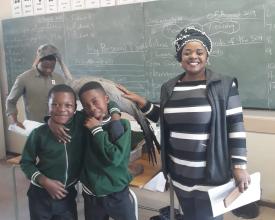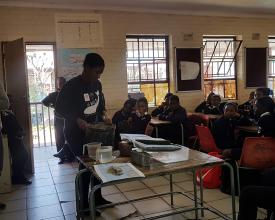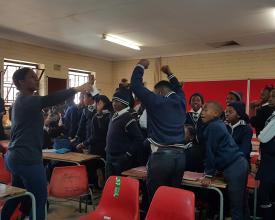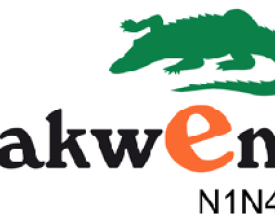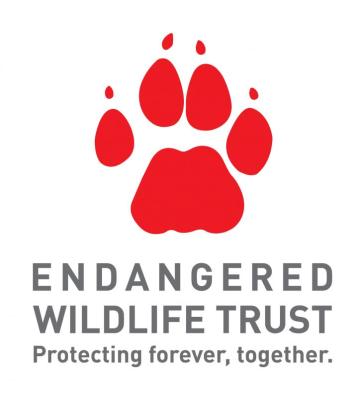
Guardians of the Future
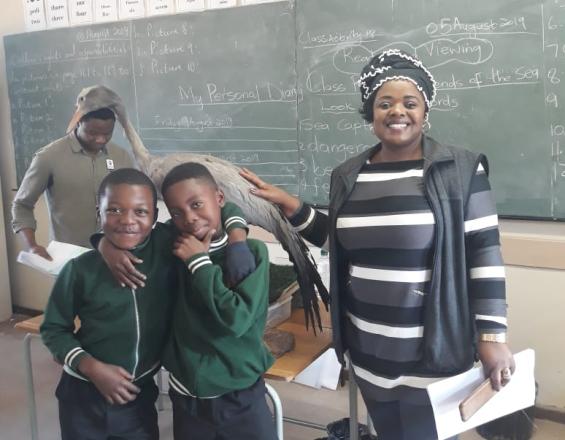
The Endangered Wildlife Trust (EWT) aims to reconnect people, particularly those in urban areas, to their natural environment and foster awareness of the link between environmental health and human wellbeing. We have found that developing environmentally responsible behaviour benefits our natural environment and biodiversity, and can also empower communities to address broader social and economic issues, such as food security and job creation. Education underpins effective conservation management through the development of responsible leaders and active citizens who recognise the need to play their part.
Through the Guardians of the Future Programme (GOTF) we work with educators to develop and implement interactive resources (curriculum ‘boosters’) on topics in Natural Science and Life Skills. The boosters are closely aligned to the curriculum and designed to engage learners and reinforce lessons previously presented in class. We also promote and facilitate the professional development of educators.
Impacts
The EWT piloted a curriculum booster, entitled "The importance of wetlands" in Grade 6 classes in six schools in Hammanskraal, reaching approximately 1,200 learners and 12 educators. The learners responded enthusiastically to the booster with positive reviews and a discernible improvement in learners' knowledge following the assessments. The educators were extremely positive about the booster implemented and expressed enthusiasm for us to develop additional boosters for, and with, them. On an evaluation form, a teacher observed: "The lesson plan was well structured, and even the learners were actively involved". The EWT booster facilitators also learned more about what the educators experience in the classroom, and developed skills that will contribute to the continued development and implementation of high quality and original curriculum boosters.
In 2020, it was not possible to visit schools due to the COVID-19 pandemic. During this period, we developed online educational resources and streamlined the booster development framework to make it easier to develop standardised boosters that fulfil all curriculum and learning requirements. We will also be prioritising professional educator development and engagement going forward, as we have identified that as an area where we can make the most difference.

